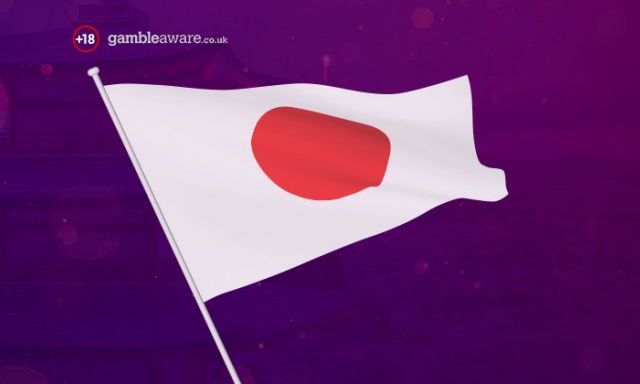Japan has long been seen as a cultural entity all of its own, with a number of unique social quirks that set it apart from much of the rest of the developed world. Yet by choosing to embrace an expansion of legal gambling, the country has come more into line with the practice in much of Europe and elsewhere in Asia.
A traditionally conservative country as far as its approach to gambling is concerned, Japan’s advancing march of casino gambling has not been without its critics. Now some are becoming all the more vocal, citing concerns about problem gamblers when arguably more attractive casino betting options finally reach their shores.
Some are concerned about this new arrival, pending the completion of secondary legislation. So much so, in fact, that there are now increasing calls to curb existing forms of gambling within Japan, as a means of protecting those who might be most at risk of developing gambling problems.
To a certain extent, these concerns do have some merit. Japan already experiences an unusually high proportion of problem gamblers, compared with other countries – a fact all the more surprising when you consider the legal status of many forms of gambling, including casino gambling online.
A government study into the issue is anticipated next month, which aims to explore the issues surrounding problem gaming, and just why it has come to affect such a high proportion of gamers in the country.
In a bid to address public concerns, the Japanese government have already taken steps to dampen the current scope of permitted gambling, ahead of the rollout of any fresh measures that it fears could exacerbate their situation.
According to local media reports this week, the Japanese cabinet have announced their intention to introduce limits over how much individuals can bet on race events online, as part of a suite of measures that seek to retreat from the freedoms currently enjoyed by Japanese gamblers.
The move has been labelled an attempt at perception management, given increasing public concerns over problem gambling. While the government is keep to liberalise online gambling in some respects, it understandably wants to do so with as broad public support as possible.
These specific betting limits aren’t expected to come into force until 2022, but will affect a number of commonly wagered events in Japan, including horse racing, cycling events, powerboat racing and motorbike racing.
The plans also include proposals to remove ATMs from gambling locations, such as race tracks. ATMs that are still in situ by March 2018 will be cut off from issuing cash by the end of the month, reflecting the practical measures at the government’s disposal for effecting these changes.
Lawmakers appear to have been dragging their heels on legislation that would pave the way for the first physical casinos to be based on Japanese soil, and as yet, the relevant provisions are still making their way through the legislative process. However, when they do come on stream, there will be a mechanism available to family members of problem gamblers, effectively allowing them to exclude relatives from gambling by approaching the casino operators directly.
The legislation is expected to be pushed through before the year is out, which could pave the way for the first casinos in Japan to launch from 2024. With the raft of measures being introduced to help sell the idea to an often sceptical public, it does feel as if regulators and lawmakers want the change, in spite of their clawbacks on existing freedoms.
Liberalising gambling laws is in the air globally, with a number of previously restrictive jurisdictions moving to embrace a more open approach. Colombia is one of several recent examples, opting to legalise and regulate gambling online from late last year. But it is understandable that authorities look to implement these measures with caution, and while the Japanese approach will feel unnecessarily restrictive to some players, it has an important political function in delivering the end goal.
There is of course a major reason why governments worldwide are looking to increasingly adopt legitimate gambling operations. Online Gambling operators generate significant revenues for state coffers, and as well as reflecting a modern, liberal outlook, legitimising these operators can help spur essential revenue for supporting the current tax take.
With the Japanese government now full steam ahead towards their objective, players and commentators alike will be closely observing how the next few months unfold.








